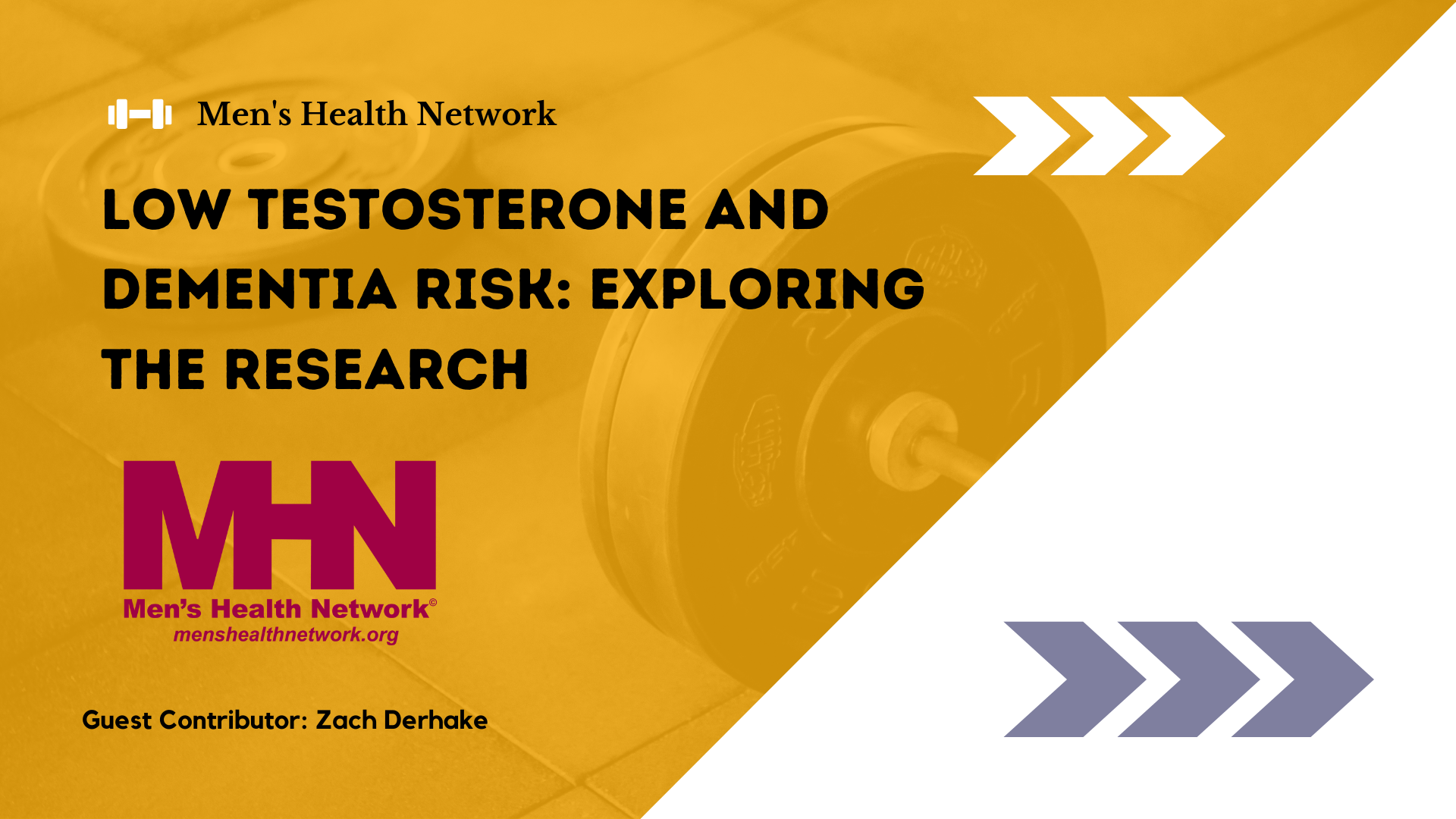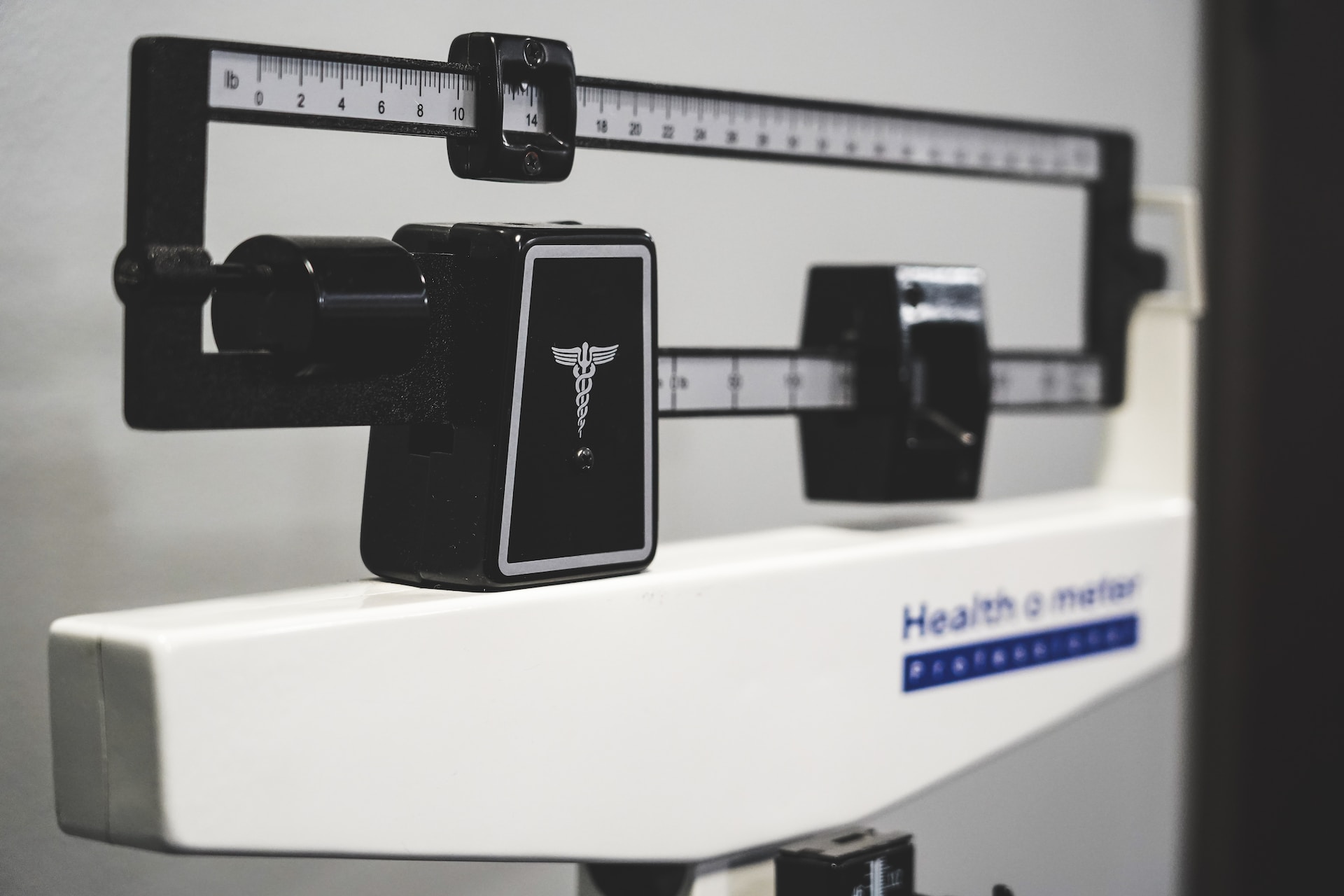As we age, we often accept changes in our body and health as being part of the aging process. The fact is though, we don’t have to accept these changes. For men, the amount of muscle we have, or our strength is often connected to our virility and stamina. This being said, the condition sarcopenia or age-related muscle loss, is something that is not only linked to our muscle size, strength and health, but is a contributing risk factor for cardiovascular disease, diabetes, weight problems and sex hormone imbalances.
By the time men hit age 50, the loss of muscle and strength becomes noticeable. We lose between 1% to 2% of muscle per year past the age of 50, and after the age of 70, the loss increases and ranges from 13% to 24% per decade.
What’s the solution? At this point, modern medicine has little to offer us in the form of a prescription. Luckily, there are three well documented areas in which you should focus in order to halt and reverse this condition: increase protein consumption, rejuvenate muscle production with the right blend of essential amino acids, and increase the amount of resistance exercise.
Increasing Protein
Since muscles are made from protein, it is important to give your body the tools it needs to make more muscle. Consuming between 0.6-0.9 grams of protein per pound of body weight per day is what works. (If you weigh 150 pounds you would need between 90-135g of protein per day.) A great way to add more protein to your day is by adding a protein snack such as nuts (peanuts 20.5g/half cup, almonds 16.5g/half cup), edamame (8.5g/half cup), or chickpeas (7.25g/half cup).
Add Essential Amino Acids
Granted eating more protein is good, but what if you are missing the critical essential amino acids needed to help your body produce and repair muscle? Adding the patented essential amino acid supplement Rejuvenate to your daily routine will ensure you are doing just that. Rejuvenate is the first supplement of its kind to prevent muscle loss and even help rebuild muscle in people confined to bedrest. Rejuvenate has proven its effects to help rebuild and repair muscle by 57%, with noticeable muscle improvement within 30 days. Simply put, Rejuvenate helps rebuilding muscle with or without exercise, prevents muscle loss and speeds recovery.
Increase Resistance Exercise
When it comes to muscle, the old saying “use it or lose it” is true. Exercise, and in particular resistance training or strength training, is extremely effective for preventing sarcopenia. While aerobic exercise is great for burning fat and improving endurance, it isn’t the best approach for addressing muscle loss. Resistance training on the other hand helps build both the size and health of muscle. For best results, mix it up by using resistance bands, squats, lunges and push-ups, or weight training in differing intervals will provide the best impact for building muscle. These types of activity should be done at least 4 times per week for best results.
Keep this in mind: Age related muscle loss is more than just getting smaller or weaker. As we lose muscle, we increase our risk for heart disease, diabetes, obesity and decreased hormones. Three of those four listed are diseases we don’t want, and our decreased hormones impacts our energy levels and libido. The simple solution is to incorporate all three suggestions above. You can easily rejuvenate your body’s ability to replace lost muscle in as little as 4 weeks.




